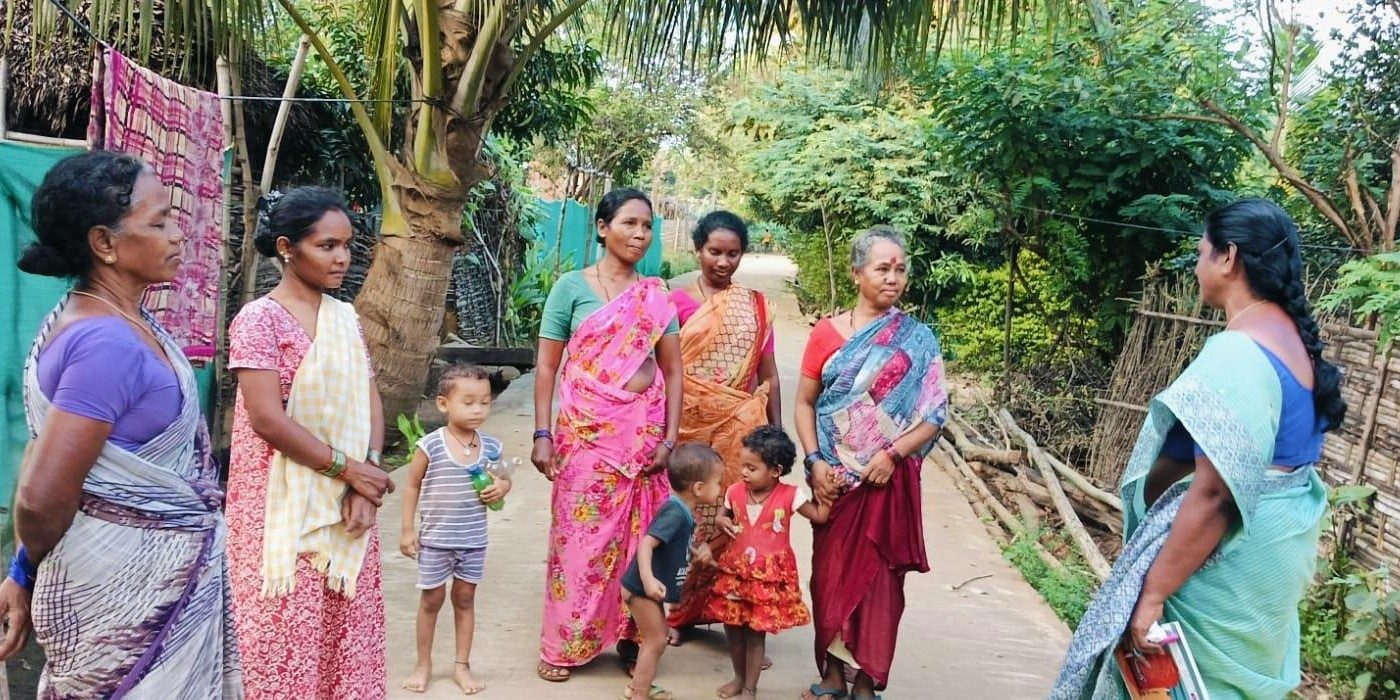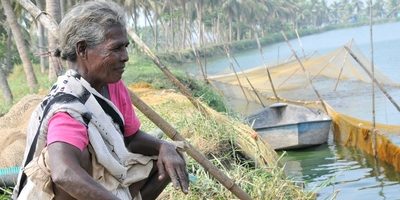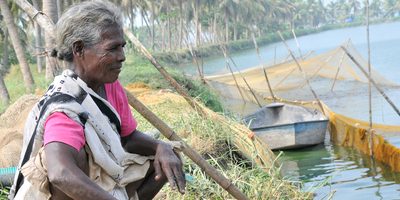
DAYARA: Developing and testing An intervention to promote psYchological wellbeing Among Scheduled TRibe communities in Andhra Pradesh
Background:
More than 104 million (approximately 8%) of India’s population belongs to Scheduled Tribe (ST) communities. About 35% of STs live below the poverty line and compared to other social groups, have poorer health and social indicators. Many live in remote areas or forest areas and have poor physical access to health facilities. ST communities have also been disproportionately affected by displacement and forced migration due to development projects. Although ST communities are exposed to a combination of social, economic and environmental factors that may affect their mental health and wellbeing, there is limited data related to mental health needs of tribal communities in India, with few mental health interventions involving tribal communities and limited evidence of appropriate mental health promotion interventions. Mental health promotion (MHP) is based on broader principles of health promotion in which the focus is not on disease or pathology but on promoting overall health and psychological wellbeing. Mental health promotion endorses a competence enhancement perspective and seeks to address broader determinants of mental health.
Aim
DAYARA will co-create and test feasibility of a culturally relevant, peer led mental health promotion intervention for ST communities, with the aim of improving psychological wellbeing. Community peers or Community Champions (CC) will support in implementing the intervention.
Three broad areas have been identified around which the intervention components will be designed:
- Improving competence in identification and self-management of stress
- Improving access to social entitlements
- Using local traditions and practices for improving wellbeing
An Expert Advisory Group (EAG) consisting of local ST community members will advise on designing the intervention components.
Research Methodology
The study will be conducted in 15 purposively selected tribal villages in Eluru district of Andhra Pradesh. The study will use implementation research strategies, to develop and test feasibility, acceptability, and preliminary outcomes of a mental health promotion intervention. A mix of qualitative and quantitative methods will be used. Qualitative methods will be used for intervention development, and assessment of feasibility and acceptability. A pre-post assessment using standardized two tools- WHOQOL-BREF and WHO-5 will be used to assess changes in ‘psychological wellbeing’.
Current Status
The project is in its initial stages and start-up activities have commenced. A situation analysis will be undertaken to understand the local context and issues related to mental health






